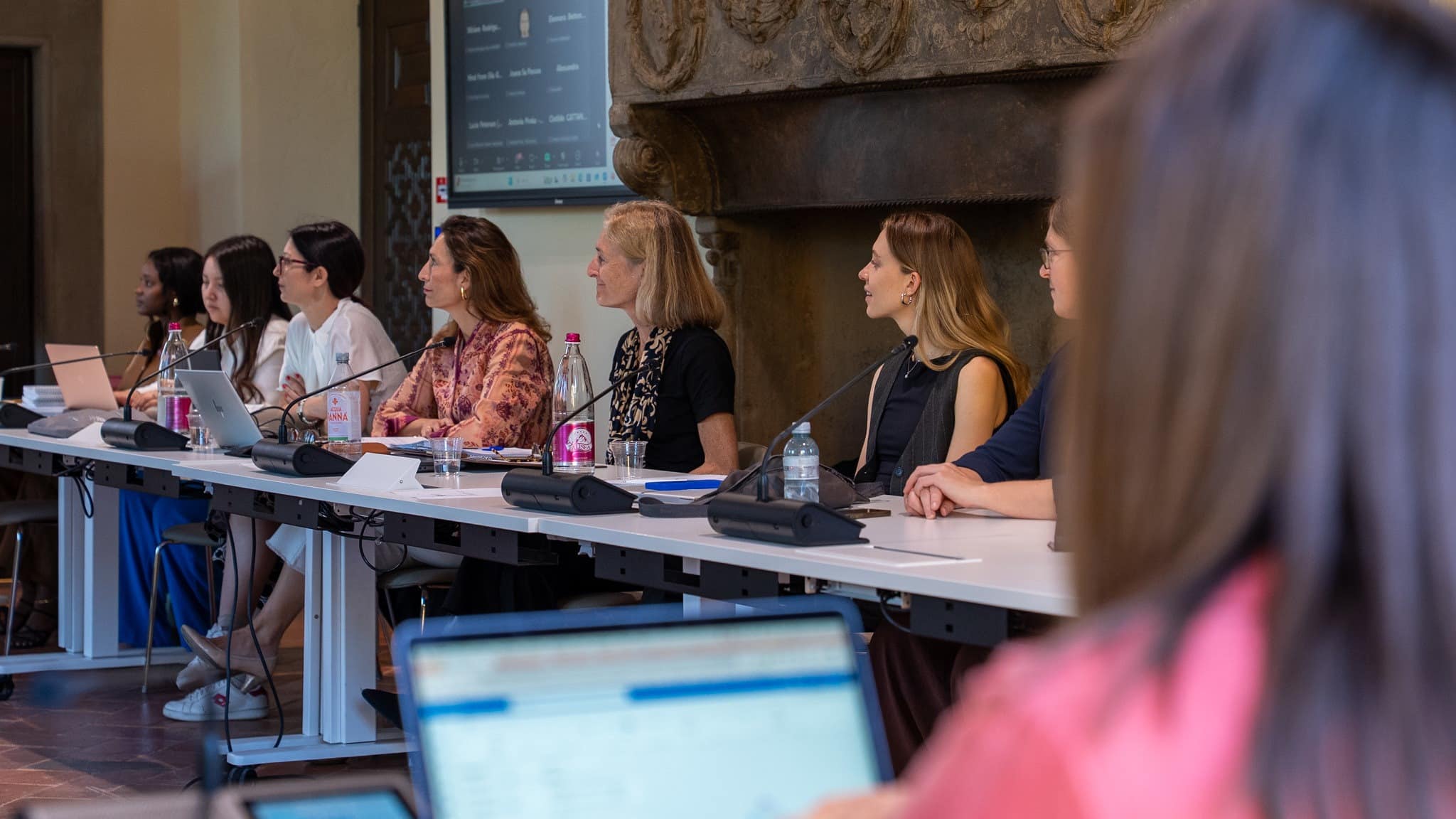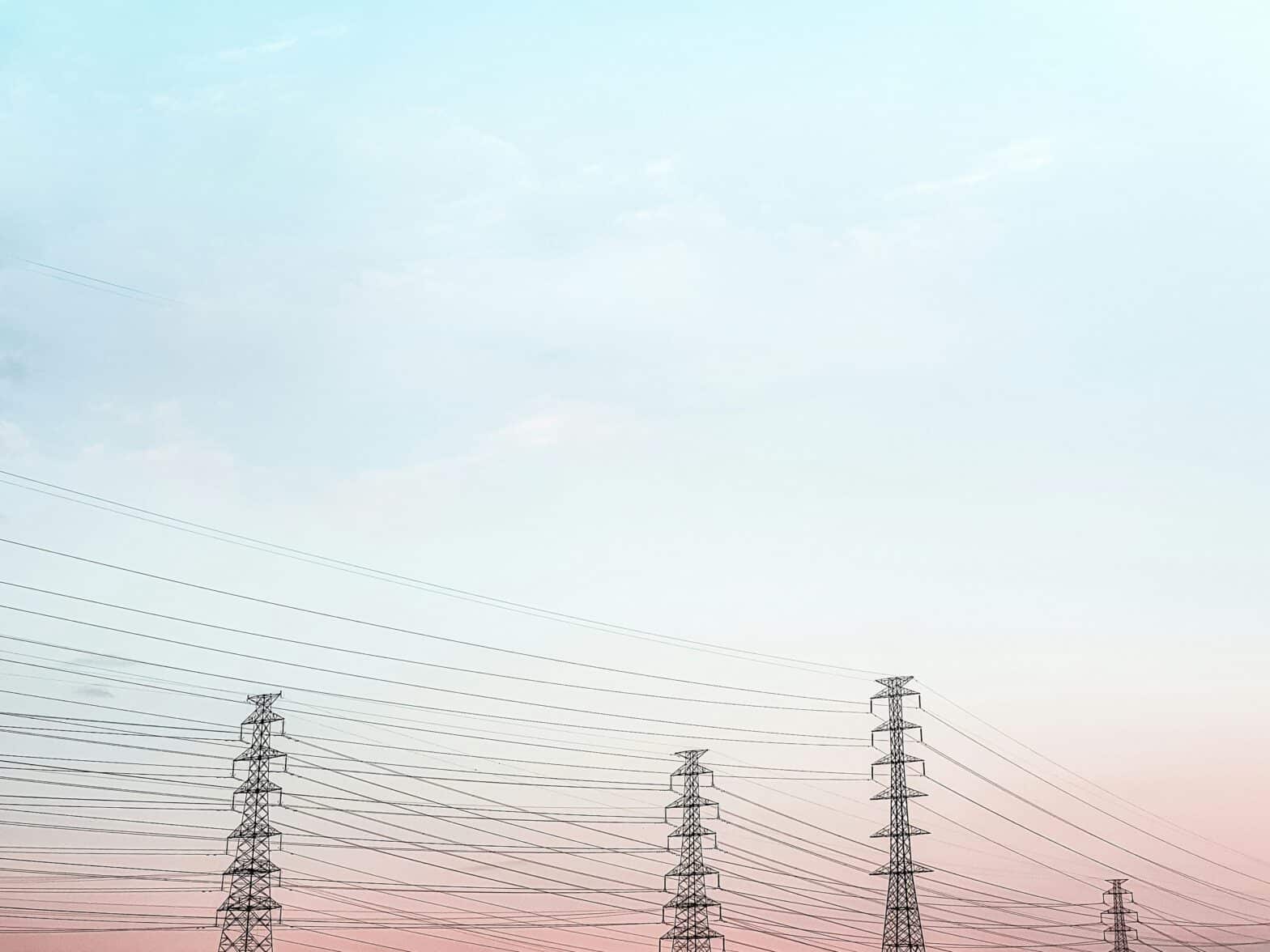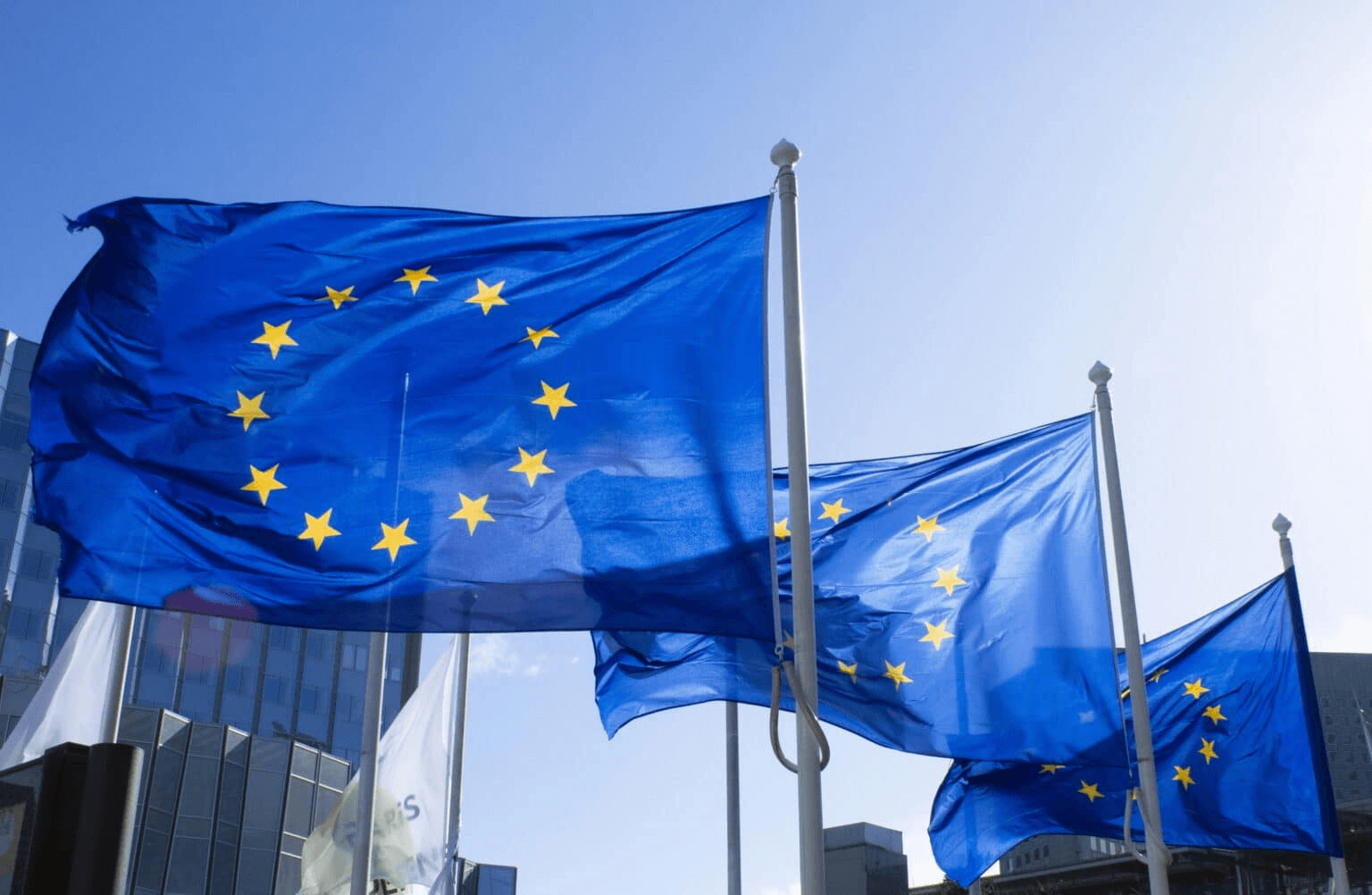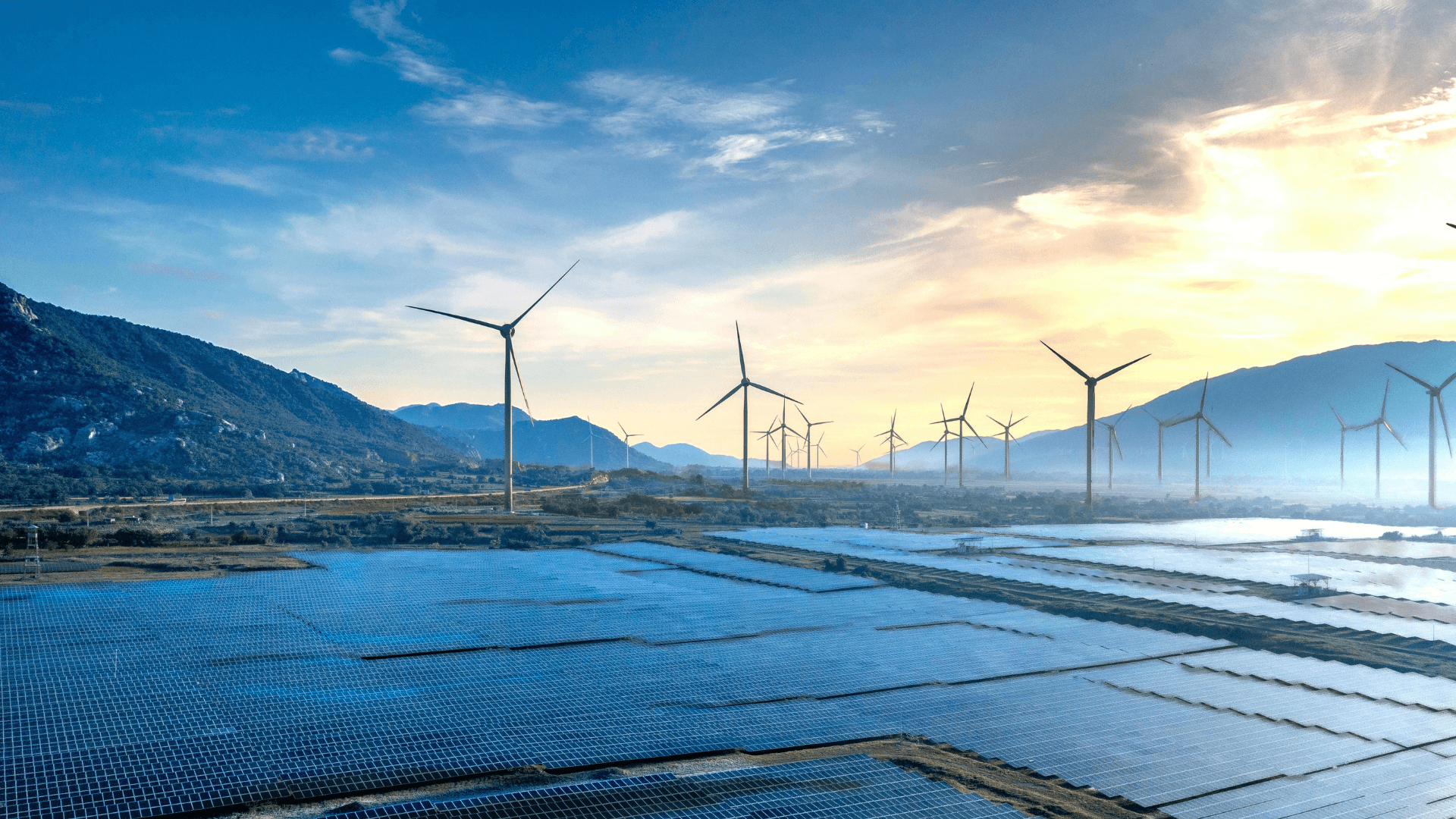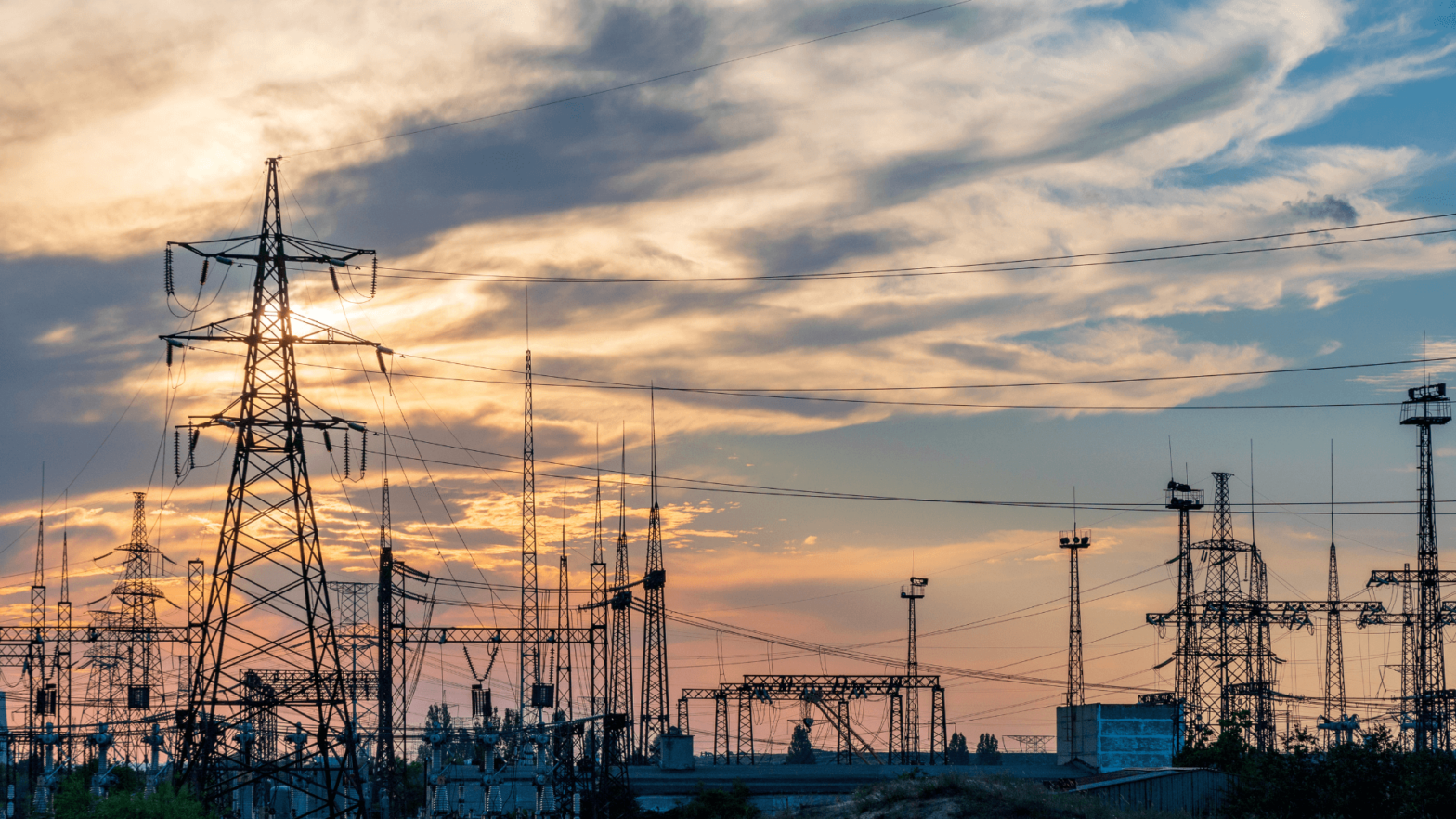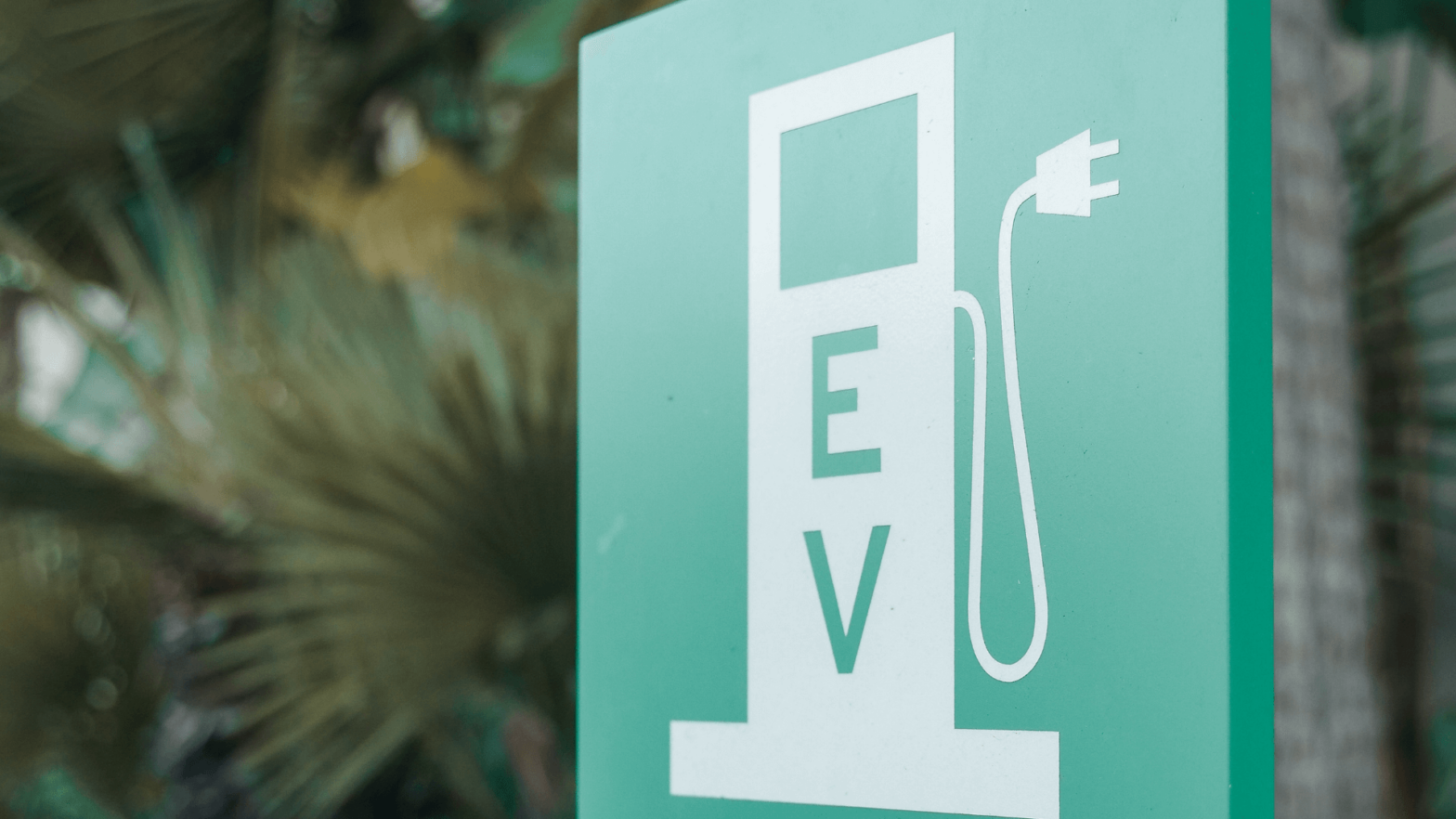Does Europe Need a Hydrogen Network?

We are often told that a hydrogen grid is essential if Europe wants to reach its climate targets. Such claims are often based on modelling with strong fixed assumptions.
In this FSR Insights event, Tom Brown, TU Berlin, examines results from a highly-detailed energy system model that endogenises as many choices about energy supply and infrastructure as possible. The presentation explores trade-offs between electricity grid expansion and hydrogen networks, as well as between e-fuel imports and domestic production.
While energy trade is always cost-optimal, there are many near-optimal solutions with attractive properties of resilience, lower land usage and less infrastructure lock-in. The FSR Insights rounds off with a discussion of the benefits of open energy modelling for infrastructure decision-making.
Hosts
Leonardo Meeus | Florence School of Regulation (FSR)
Lucila de Almeida | FSR & Nova School of Law
Keynote Speaker
Tom Brown |TU Berlin
Discussants
Christine Brandstätt | Copenhagen School of Energy Infrastructure
Tim Schittekatte|FSR and MIT
Read these recent publications ahead of the event:
Presentations
-
Does Europe Need a Hydrogen Network?
Tom Brown
Don’t miss any update on our events
Sign up for free and access the latest events from our community.



